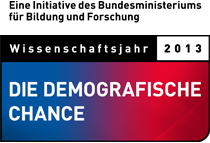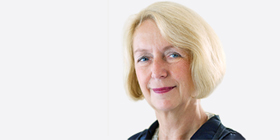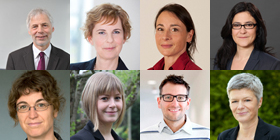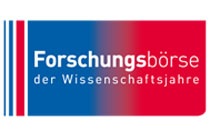Science Year 2013 (II)
Managing the change
We can prepare for these demographic changes - for example by actively encouraging migration, through transformation to a knowledge-based society, by gaining a new understanding of old age, and with new products and services which help people in old age in particular to lead an active and independent life Science and research will assume key functions in this regard: researchers are those who will analyze the needs of an ageing society and develop concepts for new lifestyles and the jobs of the future.
In dialogue with research
The Year of Science 2013 will once again provide an opportunity to watch world-class researchers at work and to strike up a dialogue. Many dialogue events will also serve as a forum for the public to engage in a debate about the opportunities and challenges of demographic change with experts in a wide variety of disciplines. School students and teachers can also invite scientists to their schools through the Research Exchange (Forschungsbörse). Adult education centres will also be hosting researchers to talk with the interested public for the first time. For more information see www.forschungsboerse.de.
Nationwide events
What will the society of tomorrow be like? How will we live and work? How do we best arrange for the different generations to co-exist? These are questions that will find a forum at a great number of events in the Year of Science 2013. The Leibniz Association has organized a large exhibition on the opportunities of demographic change which will be on display in Berlin, Mainz, Dresden, Bochum, Bremerhaven and Munich. Starting in May 2013, the MS Wissenschaft, the exhibition vessel of the Year of Science, will be making a port call in many German cities. On board is a wealth of information which is aimed at school students in particular.
The Science Years are a joint initiative of the Federal Ministry of Education and Research (BMBF) and Science in Dialogue (WiD). The Science Years have been promoting exchange between the public and the research community since 2000.
Part 1: Challenges and chances
Part 2: Events




